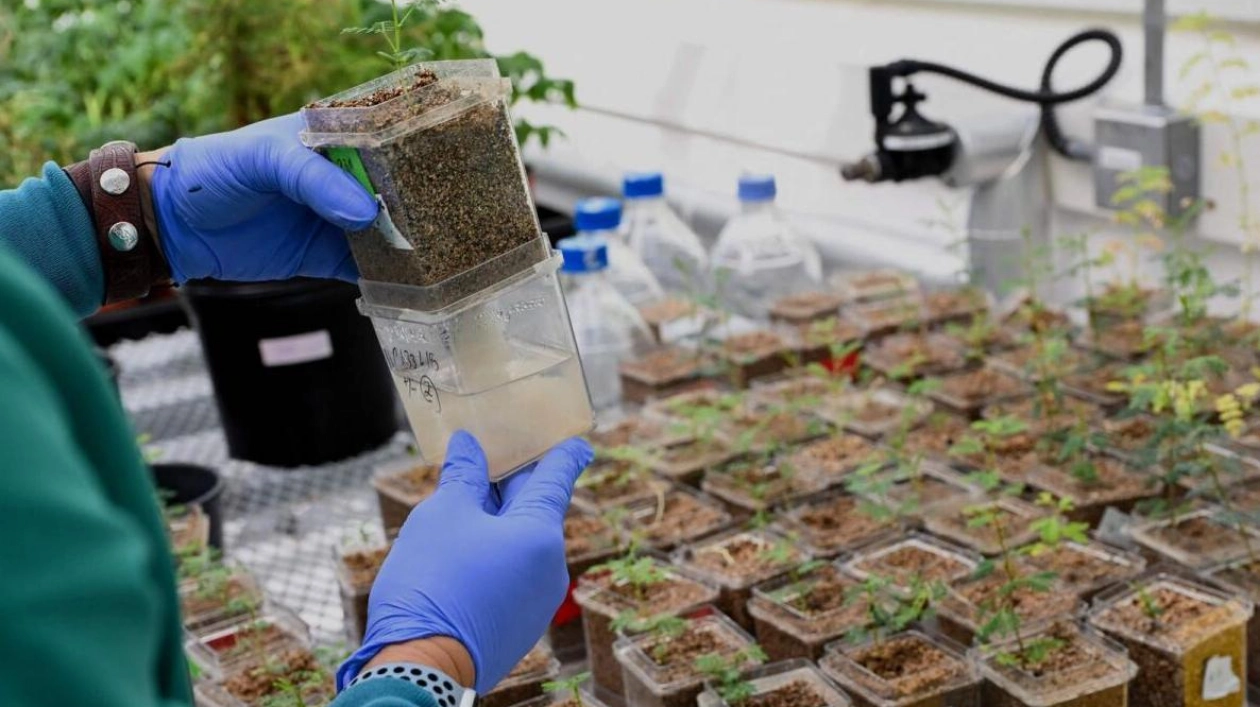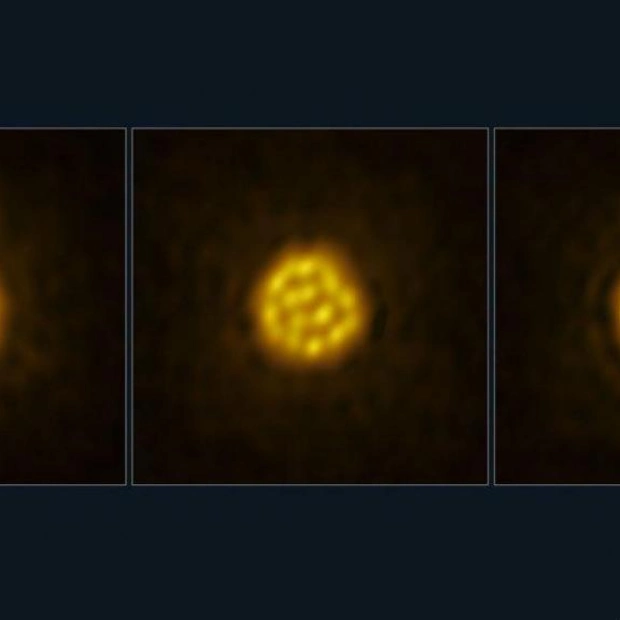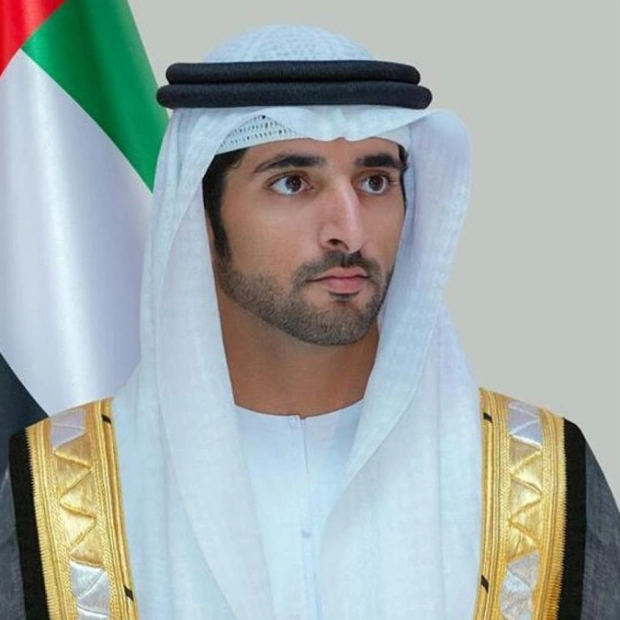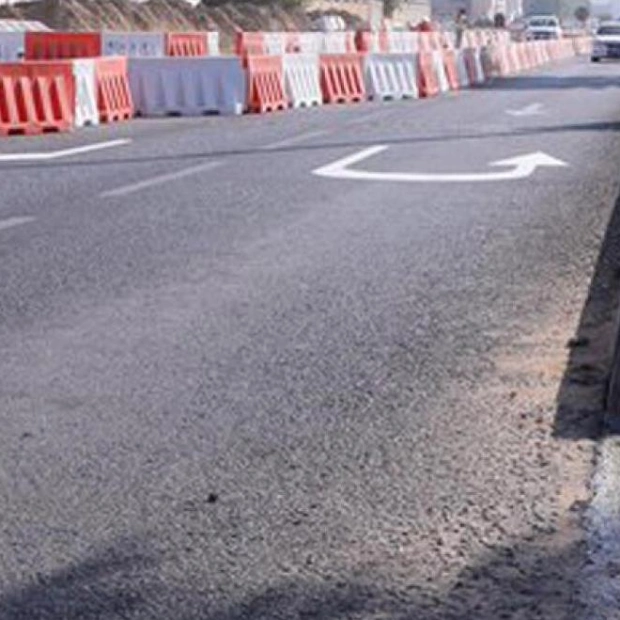A professor from the King Abdullah University of Science and Technology examines saplings at an experimental farm located outside the campus in Thuwal, within the Red Sea Jeddah governorate, on November 21, 2023. — AFP
Saudi Arabia is making significant investments in green innovation to transform its desert landscapes. This week, Riyadh is hosting the United Nations COP16 conference on drought and desertification, issues that are particularly relevant to the Gulf kingdom. Saudi officials have stated their goal to restore 40 million hectares of degraded land. According to a 2023 report by auditor PwC, Saudi Arabia accounts for nearly 75% of Middle East investment in global climate technology start-ups. However, the majority of these investments are directed towards energy solutions, with $363 million invested in climate-friendly energy projects—almost ten times the amount invested in innovations related to food, agriculture, and land-use, according to PwC.
At a sprawling campus in the desert north of Jeddah, one project aims to harness microorganisms to reduce the energy cost of treating wastewater. Peiying Hong, an environmental science and engineering academic overseeing the facility at the King Abdullah University of Science and Technology, explained that the treatment facility aims to "purify and treat wastewater in an energy-neutral or even positive manner." The process involves microorganisms converting carbon into methane gas, which is then collected and used to generate energy for the facility. The filtered water can be utilized to cultivate microalgae for livestock feed or to irrigate plants and trees, thereby combating desertification.
Recycled water could be a game-changer for the predominantly desert country, which faces severe water scarcity. As part of its Middle East Green Initiative, Saudi Arabia aims to plant 10 billion trees and rehabilitate over 74 million hectares of land. Efficient management of water and soil resources is crucial to achieving these goals. Himanshu Mishra, another environmental science and engineering expert at KAUST, has developed a product that he believes can transform the kingdom's desert into fertile land. "We are transforming sand into soil," Mishra said. His innovation, a carbon-enriched compost made from chicken manure, acts like a sponge to retain nutrients and water, promoting microbial biodiversity essential for plant growth.
Despite the potential of such systems, their widespread deployment requires substantial financial backing and political commitment. "We really need venture funding and investment to demonstrate their effectiveness on a large scale," Hong noted. However, raising funds for these types of start-ups remains challenging, though some have managed to attract private investors. Meanwhile, Saudi Arabia's ambitious green initiatives coexist with its continued defense of oil, as it remains the world's largest crude exporter.
In addition to combating desertification, the kingdom is also focusing on technologies such as carbon capture and hydrogen production as part of its "circular carbon economy" strategy.
Source link: https://www.khaleejtimes.com






